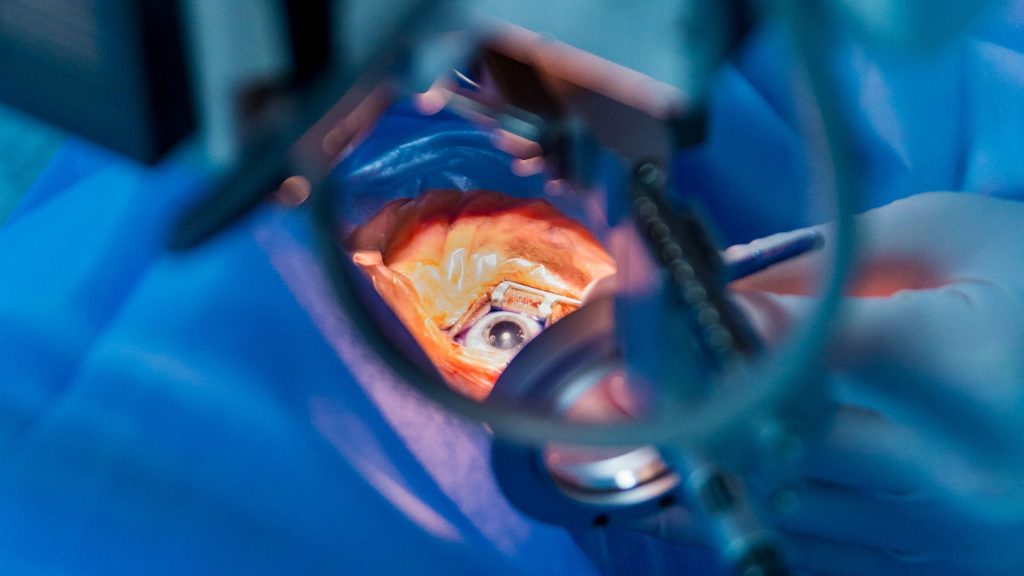Retinal Detachment Surgery

What is Retinal Detachment Surgery?
Causes
The retina, situated at the rear of the eye, transmits signals to the brain, enabling our sense of vision. When the retina lacks a sufficient blood supply, the nerve cells within it can perish, resulting in vision loss.
Retinal detachment typically arises from the development of a tear in the retina. If such a tear emerges and remains untreated, fluid may infiltrate through the tear, causing the retina to detach from the underlying blood vessel wall.
Risk Factors
Retinal detachment can be triggered by various factors, including:
- Age-related changes in the vitreous humor
- Trauma or injury to the eye
- High levels of nearsightedness
- Prior eye surgeries
- Family history of retinal detachment
- Certain systemic conditions, such as diabetes
Symptoms of Retinal Detachment
The majority of individuals typically encounter warning signs of a potential retinal detachment prior to experiencing vision loss, such as:
- The sudden emergence of floaters, characterized by black dots, specks, or streaks that drift through the field of vision (usually affecting only one eye).
- The perception of a web-like effect, with numerous small floaters, and in some cases, a single prominent black floater resembling the shape of a fly.
- Abrupt, brief flashes of light (lasting no more than a second) in the eye that is affected.
Symptoms of Retinal Detachment

- The observation of a dark shadow resembling a descending curtain from the outer periphery of the visual field in the affected eye.
- A decline in visual clarity or the occurrence of distorted vision.
Treatment for Retinal Detachment
Swift and immediate intervention for retinal detachment is imperative to minimize the risk of enduring vision impairment. The primary approach for retinal detachment treatment involves surgical procedures, as eye drops do not offer a viable solution.
While a considerable number of detached retinas can be effectively reattached through various surgical methods, the subsequent recovery period, spanning several months, may result in weakened vision that impacts daily activities like driving.
It’s important to note that not everyone experiences a full restoration of eyesight following surgery, and some individuals may contend with enduring reductions in peripheral (side) or central vision. This outcome can manifest even when the reattachment of the retina is successful, with the likelihood of such complications increasing as the duration of untreated detachment extends.
RETINAL DETACHMENT TREATMENT DUBAI
Ready to Experience World-Class Eye Care?
Don’t compromise on your eye health. Schedule your appointment with Dr. El Khashab today and benefit from his expertise.
